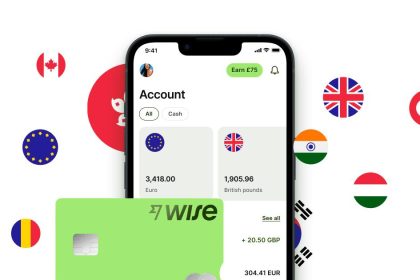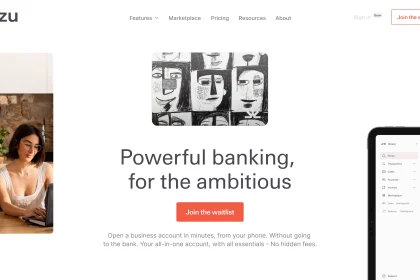Many people hear the term KYC and think of long verification steps that slow down access to financial services. While Know Your Customer rules are important for safety, the growth of the crypto virtual card is showing the world that there can be a more balanced way to verify users without blocking them from basic financial freedom.
This shift is changing how people access money online and encouraging a more inclusive global system.
A crypto virtual card allows users to spend their digital assets on everyday services such as streaming platforms, online stores, food delivery, and travel. Instead of linking to a bank account, the card connects to a crypto wallet or balance, allowing instant digital payments.
Many users are attracted to this because traditional banking can feel restrictive, especially for those who face delays or difficulties completing KYC, such as students, freelancers, or people in developing countries.
Instead of linking to a bank account, the card connects to a crypto wallet or balance, allowing instant digital payments. Many users are attracted to this because traditional banking can feel restrictive, especially for those who face delays or difficulties completing KYC, such as students, freelancers, or people in developing countries.
A good example of this growing trend is Bitrefill crypto cards, which show how crypto can be used for gift cards and online payments across many categories. These solutions help people spend their digital assets without friction and prove that crypto is becoming useful in everyday life, not just for trading.
These solutions help people spend their digital assets without friction and prove that crypto is becoming useful in everyday life, not just for trading.
As this space evolves, some platforms are introducing simpler onboarding for smaller spending needs. One leading player in this shift is Bitsika. With the help of Bitsika’s crypto virtual Visa debit card on their mobile app, users can create a crypto virtual card funded with stablecoins such as USDT.
This offers a simple way to make online purchases and subscriptions without being forced into a heavy KYC process for small and responsible spending. It gives new users a chance to explore digital payments with ease and learn how to navigate modern financial tools without feeling overwhelmed.
While security remains essential, many people now believe that KYC should match user activity rather than applying the same rules to everyone. A student who wants to spend a few dollars monthly should not face the same level of verification as a person moving large amounts of money.
Bitsika reflects this new thinking by allowing users to begin at a comfortable level and then grow into higher spending limits when ready. This supports trust, safety, and financial inclusion all at once.
Bitsika reflects this new thinking by allowing users to begin at a comfortable level and then grow into higher spending limits when ready. This supports trust, safety, and financial inclusion all at once.
This approach helps the wider public understand that KYC is not the enemy. Instead, the goal is to make it smarter and more flexible. KYC should protect the system without blocking honest users from participating in the economy. Crypto virtual cards are proving that it is possible to create a fair balance between safety and convenience.
Crypto virtual cards are proving that it is possible to create a fair balance between safety and convenience.
As more people look for quick, digital-friendly ways to pay online, the demand for accessible tools will continue to grow. Bitsika is contributing to this progress by showing that financial innovation can be safe, simple, and welcoming. The rise of the crypto virtual card marks a step toward a future where people can control their money with more freedom and less friction.










